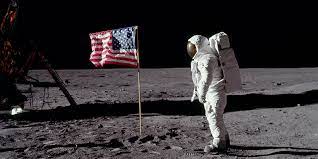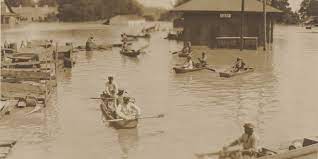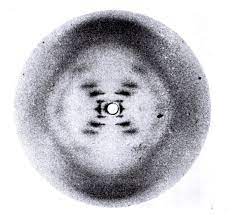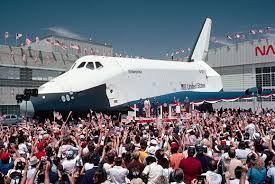On September 12, 1962, President John F. Kennedy delivered a historic speech at Rice University in Houston, Texas, where he boldly declared that the United States would land a man on the moon and return him safely to Earth before the end of the decade. This monumental announcement set in motion one of the most ambitious and groundbreaking endeavors in human history – the Apollo space program.
President Kennedy's speech came during a time of intense competition between the United States and the Soviet Union, known as the Space Race. The Soviet Union had already achieved significant milestones in space exploration, including launching the first satellite, Sputnik, and sending the first human, Yuri Gagarin, into orbit.
In his address, President Kennedy acknowledged the challenges and risks involved in the lunar mission but emphasized the importance of pushing the boundaries of human exploration and scientific achievement. He declared, "We choose to go to the moon in this decade and do the other things, not because they are easy, but because they are hard."
The announcement galvanized the nation and sparked a wave of excitement and determination. The goal of landing a man on the moon became a national priority, with significant resources and funding allocated to the Apollo program. NASA, the National Aeronautics and Space Administration, was tasked with leading the mission and assembling a team of brilliant scientists, engineers, and astronauts to make this audacious dream a reality.
Over the next seven years, NASA embarked on a series of missions as part of the Apollo program, each one building on the knowledge and technology gained from the previous endeavor. The program faced numerous setbacks and challenges, including the tragic loss of three astronauts in a fire during a launch pad test in 1967. However, these setbacks only fueled the determination to overcome obstacles and continue pushing forward.
Finally, on July 20, 1969, the world held its breath as the Apollo 11 mission, commanded by Neil Armstrong, touched down on the lunar surface. As Armstrong took his first steps onto the moon's surface, he uttered the iconic words, "That's one small step for man, one giant leap for mankind." The achievement was nothing short of extraordinary – the culmination of years of hard work, dedication, and innovation.
The successful moon landing not only fulfilled President Kennedy's vision but also demonstrated the power of human ingenuity and the spirit of exploration. It was a defining moment in human history, showcasing the limitless possibilities when science, technology, and human determination converge.
The Apollo program continued with subsequent missions, and a total of 12 astronauts walked on the moon's surface until the program concluded in 1972. The legacy of the moon landing extended far beyond the scientific and technological achievements. It inspired generations of scientists, engineers, and dreamers, and it served as a symbol of human potential and the triumph of the human spirit.
The impact of the moon landing on September 12, 1962, cannot be overstated. It represented a giant leap forward for humanity and forever changed our understanding of the universe. The legacy of the Apollo program continues to shape space exploration and serves as a reminder of what can be accomplished when we set audacious goals and work together to achieve them.






